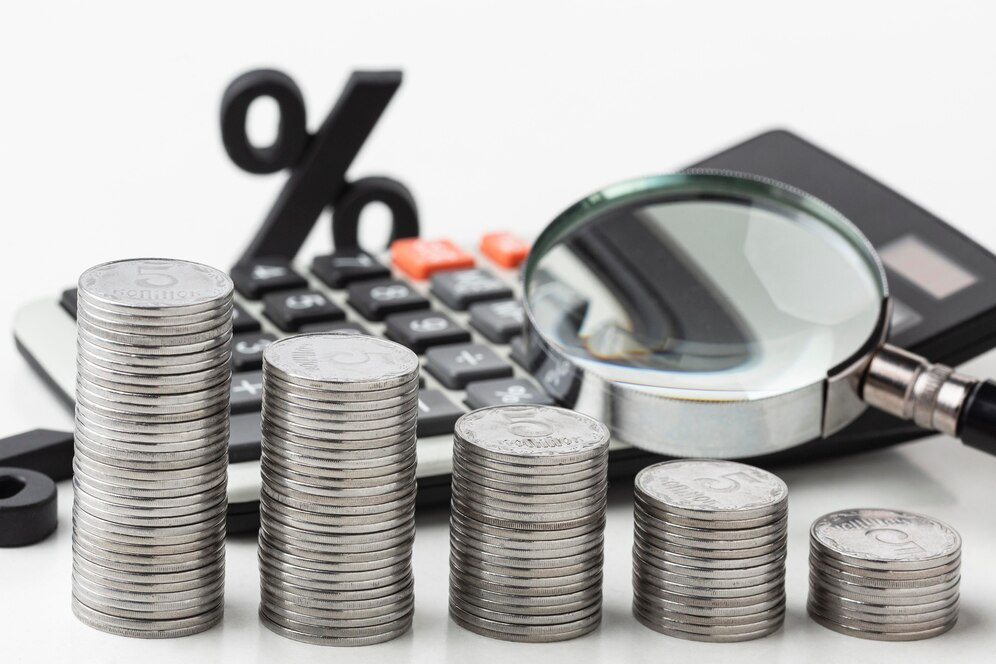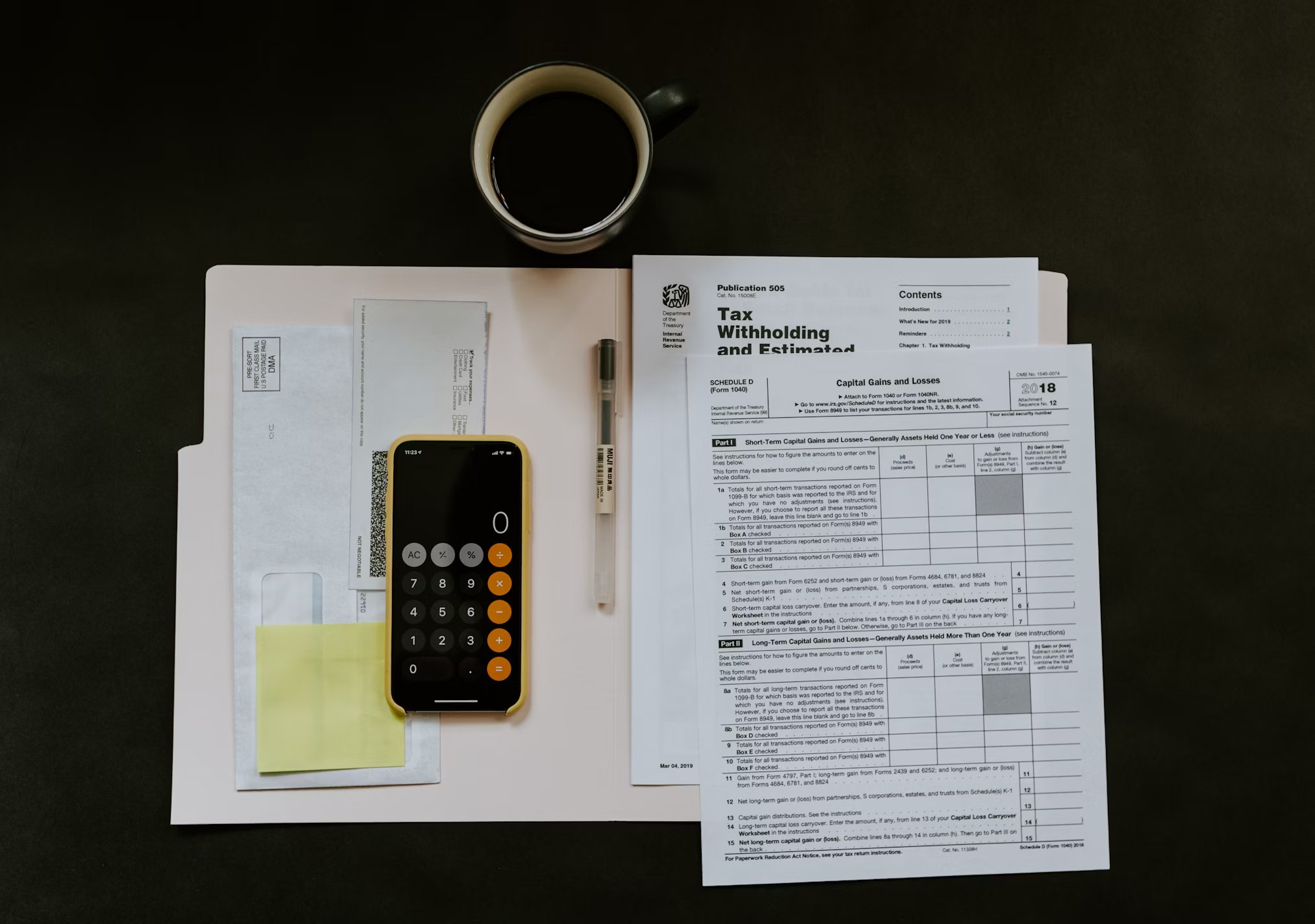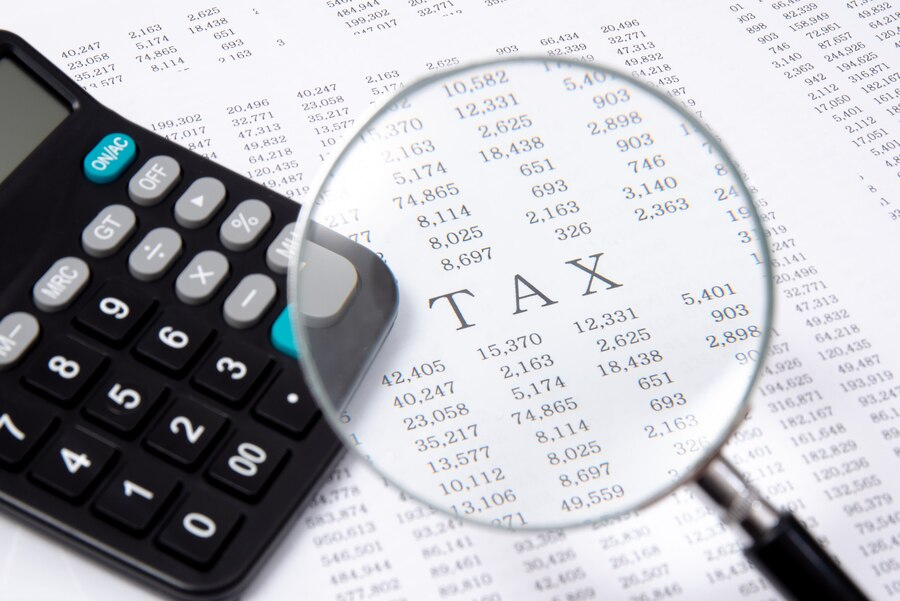
In the realm of fiscal policy, the question of how to maximize government revenue often revolves around two main strategies: raising tax rates or improving tax collection efficiency.
While the former is often met with resistance from taxpayers and can have adverse effects on economic growth, the latter holds the promise of enhancing revenue without burdening citizens with higher tax bills.
But can improved tax collection truly make a significant impact on government revenue? Recent discussions and analyses shed light on this pertinent issue.
General Trends in Tax Collection in the Philippines
Tax collection in the Philippines has been a challenge due to various factors such as tax evasion, a large informal economy, administrative inefficiencies, and compliance issues. The Bureau of Internal Revenue (BIR) and the Bureau of Customs (BOC) are the primary agencies responsible for tax collection in the country.
Efforts to improve tax collection in the Philippines have included implementing reforms to enhance transparency, combat corruption, streamline tax processes, and invest in technology and human resources.
The introduction of electronic tax filing and payment systems, along with stricter enforcement measures, has been aimed at increasing compliance and reducing tax evasion.
Challenges in Tax Collection
Despite these efforts, the Philippines has faced persistent issues in tax collection, with tax revenues often falling short of targets set by the government.
The COVID-19 pandemic further increased these challenges, as economic disruptions and reduced business activity impacted tax collections.
To address these challenges and boost revenue collection, the Philippine government has continued to pursue tax reforms, including the passage of the Tax Reform for Acceleration and Inclusion (TRAIN) Law, which aimed to simplify the tax system, broaden the tax base, and generate additional revenues to fund infrastructure and social programs.
Additionally, efforts to improve tax administration and enforcement, enhance taxpayer education and engagement, and strengthen collaboration between government agencies have been ongoing to enhance revenue collection efficiency and effectiveness.
An Insight into Improved Tax Collection

In March 2024, a report by BusinessWorld highlighted the insights of Senator Ralph Recto, who emphasized that implementing new taxes should be a last resort for governments seeking to bolster revenue streams.
Instead, he underscored the importance of focusing on optimizing tax collection mechanisms to harness existing potential effectively.
His stance resonates with economists and policymakers globally who advocate for efficient tax administration as a means to enhance revenue without resorting to unpopular tax hikes.
Recto’s stance reflects a nuanced understanding of the challenges associated with tax policy and revenue generation.
Introducing new taxes often carries political and economic ramifications, including potential backlash from taxpayers and adverse effects on business investment and consumer spending.
Moreover, raising tax rates can exacerbate inequalities and stifle economic growth, particularly in contexts where tax burdens disproportionately affect low and middle-income earners.
Benefits of Improved Tax Collection
Improved tax collection can significantly boost government revenue without the need to raise tax rates, especially in low-income countries. By enhancing tax compliance and streamlining tax systems, governments can increase their total tax revenue.
According to the World Bank, many low-income countries struggle with low tax compliance, which limits their revenue generation.
When citizens and businesses consistently pay taxes, it reduces the informal economy’s size and ensures that all economic activities contribute to the public coffers.
Effective tax collection mechanisms can also reduce the reliance on indirect taxes, such as value-added tax (VAT), which can be regressive and disproportionately burden low-income individuals.
A robust taxation system that prioritizes efficient collection methods can foster economic growth and development.
By ensuring that tax laws are clear, enforcement is consistent, and the tax administration is transparent, governments can build trust and encourage voluntary compliance. Improved tax collection can lead to better public services and infrastructure, which, in turn, promotes economic development.
Strategies for Improving Tax Collection

One crucial aspect of improving tax collection involves combating tax evasion and avoidance.
By cracking down on individuals and entities that skirt their tax obligations through illicit means, governments can recoup significant sums that would otherwise be lost.
This necessitates robust enforcement measures, including better coordination among tax authorities, leveraging technology for data analytics and monitoring, and implementing stricter penalties for non-compliance.
Furthermore, enhancing transparency and accountability in tax administration can help mitigate corruption and ensure that tax revenues are utilized efficiently for public goods and services.
Implementing measures such as electronic tax filing systems, digitized audit trails, and independent oversight bodies can foster greater trust in the tax system and deter fraud and embezzlement.
Moreover, investing in the capacity-building of tax authorities and equipping them with the necessary resources and training can empower them to enforce tax laws effectively and adapt to evolving economic landscapes.
Streamlining Tax Policies
Another avenue for optimizing tax collection is through streamlining tax policies and eliminating loopholes that allow for undue tax exemptions or preferential treatment.
Simplifying the tax code and removing ambiguous provisions can facilitate compliance for taxpayers and reduce opportunities for exploitation.
Moreover, conducting regular reviews of tax incentives and subsidies to ensure they align with development objectives and yield tangible benefits can prevent revenue leakage and enhance fiscal sustainability.
Leveraging Technology
In addition to traditional tax collection methods, leveraging technology and data-driven approaches can revolutionize revenue mobilization efforts.
Utilizing artificial intelligence, machine learning, and big data analytics can enhance tax administration efficiency by identifying high-risk taxpayers, detecting fraudulent activities, and optimizing resource allocation.
Furthermore, adopting digital payment systems and electronic invoicing can streamline tax transactions, reduce administrative costs, and facilitate real-time monitoring of revenue flows.
Challenges

While improved tax collection holds promise for augmenting government revenue, it is not without challenges and complexities.
Implementation hurdles, institutional capacity constraints, political resistance, and socio-economic factors can impede progress in enhancing tax administration effectiveness.
Moreover, striking a balance between enforcement measures and taxpayer rights protection is paramount to ensuring a fair and equitable tax system.
The pursuit of enhanced tax collection presents a viable alternative to raising tax rates for governments grappling with revenue constraints.
By deploying a comprehensive strategy encompassing enforcement, transparency, policy reforms, and technological innovation, governments can unlock untapped revenue potential and foster sustainable fiscal health.
However, concerted efforts and political will are indispensable in overcoming obstacles and realizing the full transformative potential of improved tax collection in driving economic prosperity and social development.

Celebrate Life’s Milestones in Camella!
Make unforgettable memories in a Camella home.
Our communities are designed to elevate your living experience.


